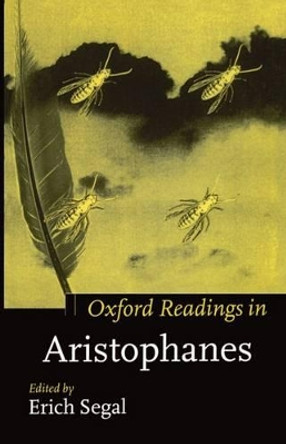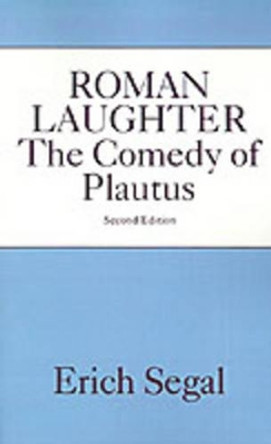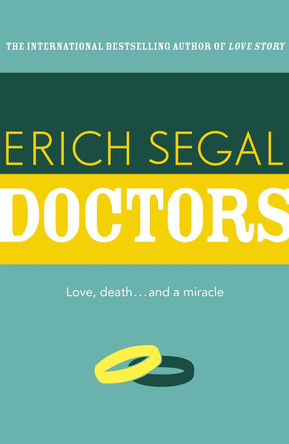This book documents the origins of modern comedy by examining the evolution of 'New Comedy', the Greek genre of which the works of Menander are the only surviving example. Earlier authors like Aristophanes wrote in a completely different style: raucous, bawdy, fantastical, and vaudeville. Menander (of whom Plutarch said, 'what other reason would a cultivated man have to go to the theatre?') and his contemporaries presented civilised, urban comedies based on the themes of quiet domestic dramas. The Romans adapted these comedies giving them their own farcical spin. Though they based their comedies on Greek originals, Plautus referred to them as 'barbarian versions'; they were mockeries on Hellenistic themes. Terence, by contrast, is more like Menander, whose plays he followed with some fidelity, but without success. The Romans did not crave realism, they wanted a good laugh and Terence- though he could have done so- refused to pander to their vulgar tastes. Yet he got his revenge. It was Terence who provided the touchstone boy-meets-girl plots which still appear today in various guises on the silver screen. An authoritative Introduction sets the papers, which are by leading experts in their field, in context and explores connections between them thus examining the legacy for modern comedies. All Latin and Greek is translated.
About the AuthorFellow of Wolfson College, Oxford
Reviews... a welcome addition to the study of "New Comedy" ... a very useful book ... the collection should help to dispel the myth that these comedies all tell 'the same basic story'. * The Journal of Classics Teaching *
Book InformationISBN 9780198721932
Author Erich SegalFormat Paperback
Page Count 308
Imprint Oxford University PressPublisher Oxford University Press
Weight(grams) 395g
Dimensions(mm) 214mm * 137mm * 15mm









